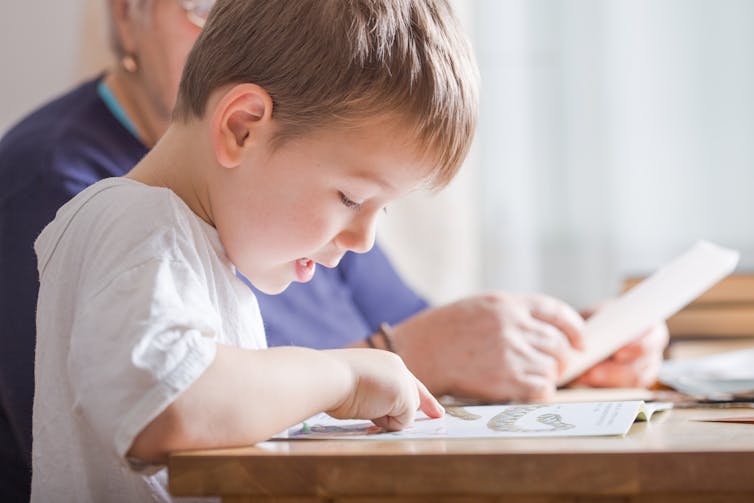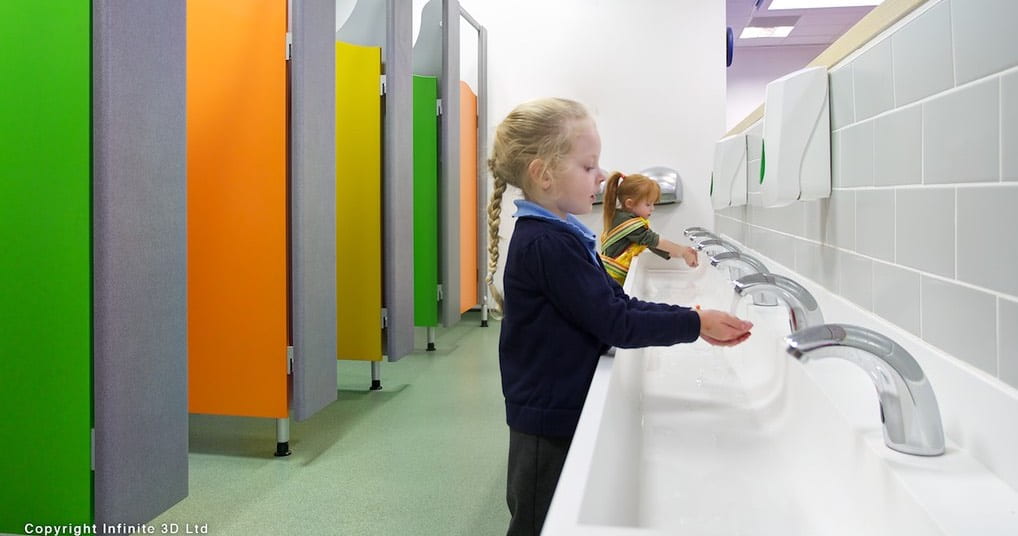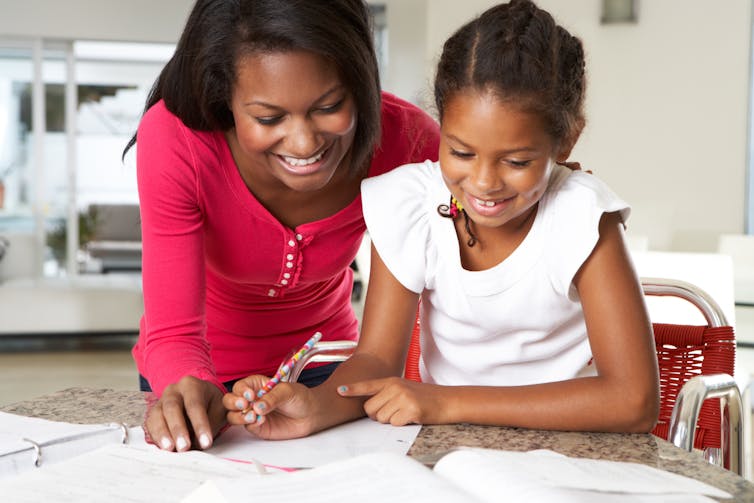Green neighbourhoods and their children: does it make a difference?
By Blog Editor, IOE Digital, on 31 January 2022
It is widely agreed that neighbourhood greenspace provides adults with emotional, physical and social benefits, especially in urban areas where most people live. Local greenery is thought to promote psychological relaxation and stress alleviation, greater opportunity for physical activity and social interaction and is related to lower levels of air pollutants, noise and excess heat.
However, there has been relatively little research into the role of neighbourhood greenspace for children. I have been carrying out some of this research in the UK since 2012 and, like others elsewhere, I am still to find robust evidence of unique benefits for the inner lives of children in the general population. Does the link exist or not?
I think it does, but the effects are more nuanced than people think. My research has found that greenspace can affect children’s spatial working memory (SWM) and risk-taking behaviour, as I will explain shortly. But potential impacts of greenspace are (more…)
 Close
Close






 Claire Crawford
Claire Crawford




